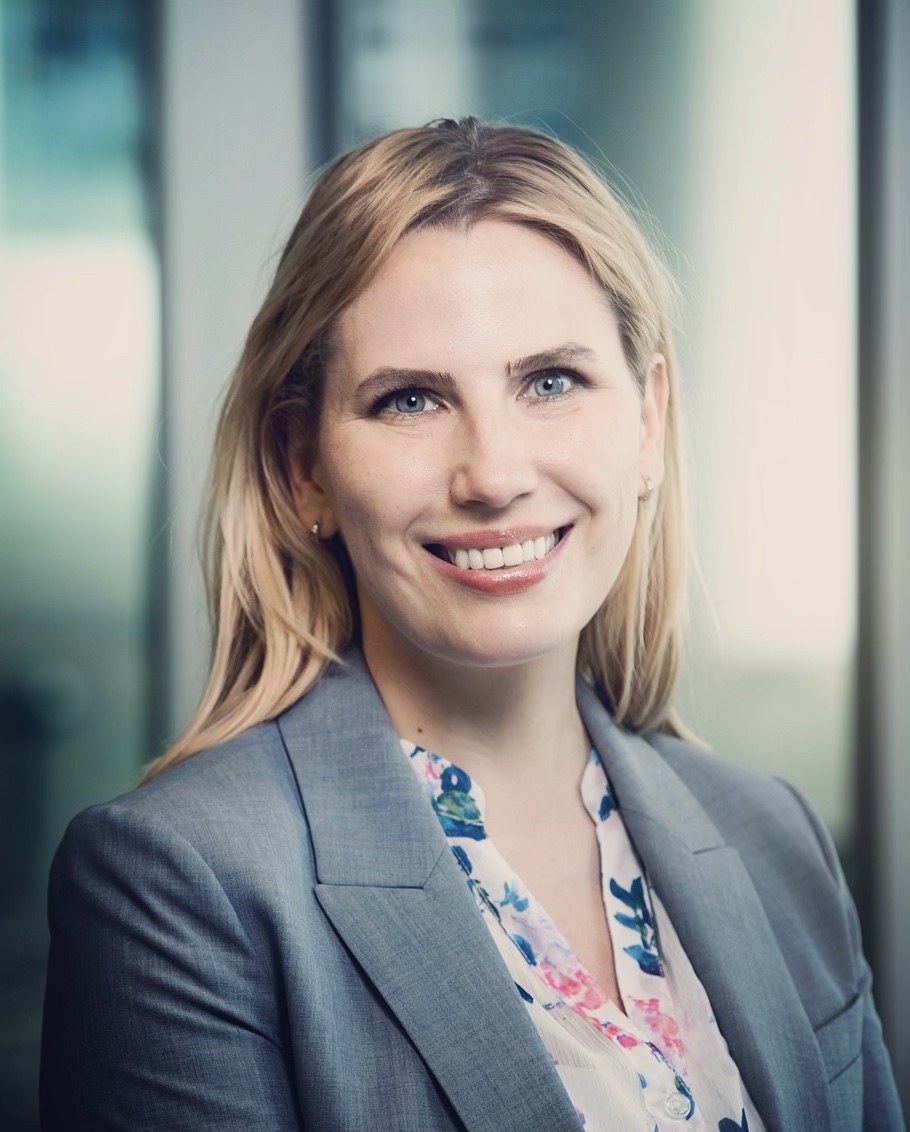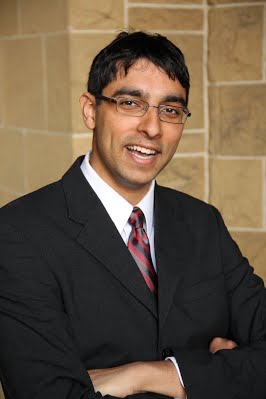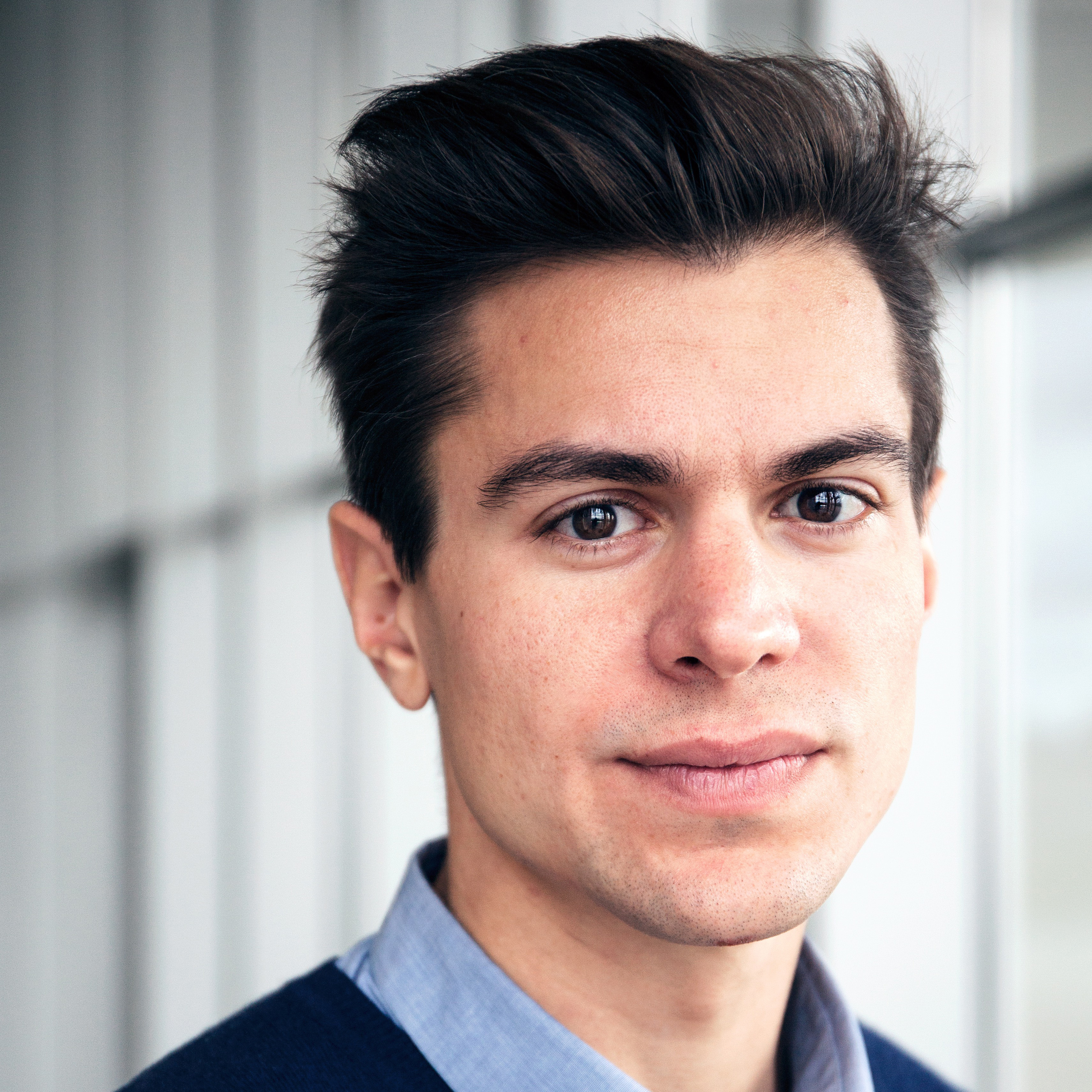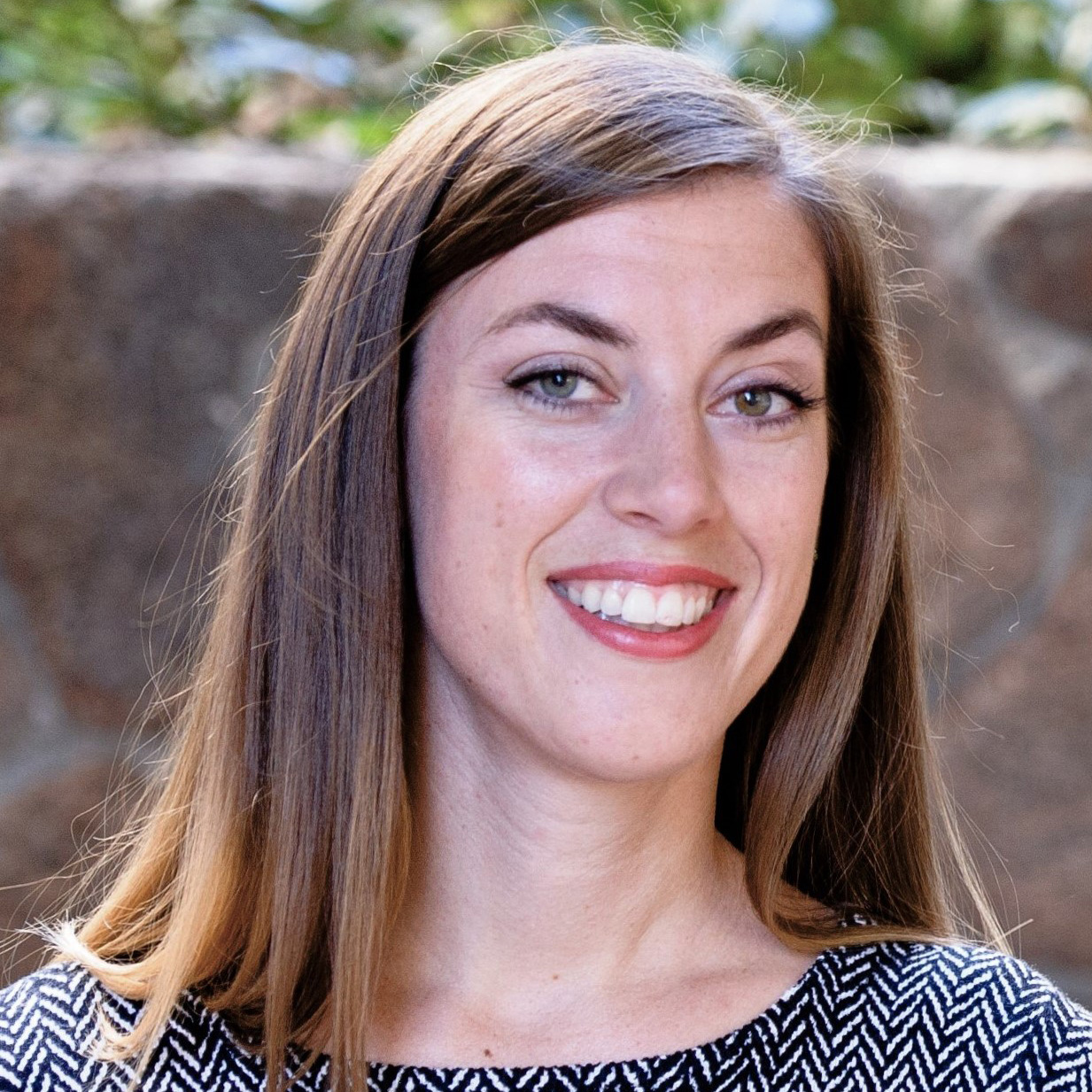The Hoover Institution has established a new two-week visiting program, the Campbell Visiting Fellows. The goal of the program is to bring a set of researchers as visitors who are all focused on research in one general topic area to be present at Hoover during a single two week period, exchanging ideas, interacting with each other, working collaboratively if they wish, and also interacting with other scholars in their field at Hoover at Stanford more broadly.
January/February 2023 | Class on Environment and Energy
Convened by Terry Anderson, Hoover Senior Fellow and Dominic Parker, Hoover Visiting Fellow

Caroline Cecot
Caroline Cecot is an assistant professor of law at George Mason University Antonin Scalia Law School. Professor Cecot’s research focuses on administrative law, environmental and energy law, and agency practice of cost-benefit analysis, and she applies her expertise in law and economics to evolving issues in these areas. She has published articles in law reviews and peer-reviewed journals, including the Vanderbilt Law Review, Duke Law Journal, Environmental Law, Journal of Empirical Legal Studies, and Journal of Regulatory Economics, and she is a coauthor of the casebook Environmental Law and Policy, (4th ed., Foundation Press, 2019). She has also served on the US Environmental Protection Agency Science Advisory Board’s Economic Guidelines Review Panel.
Professor Cecot earned an AB degree, magna cum laude, in economics from Harvard College, a JD from Vanderbilt Law School, and a PhD in law and economics from Vanderbilt University. She clerked for the Honorable Raymond J. Lohier Jr. of the US Court of Appeals for the Second Circuit. She was also a postdoctoral research scholar in law and economics at Vanderbilt Law School and a legal fellow at the Institute for Policy Integrity at New York University School of Law. Professor Cecot teaches torts, administrative law, environmental law, and energy law.

Akshaya Jha
Akshaya Jha is an assistant professor of economics and public policy at the Heinz College at Carnegie Mellon University. Jha’s research interests lie at the intersection of energy and environmental economics and industrial organization. His research uses a combination of economic modeling and causal inference techniques to quantify the economic and environmental costs and benefits of a wide range of policies impacting wholesale electricity supply. In recent work, he has examined the introduction of financial trading to California’s wholesale electricity market, the phase-out of nuclear power in Germany, the dramatic growth of rooftop solar capacity in Western Australia, and the determinants of electricity blackouts in India.
Jha received a BS in economics and statistics from Carnegie Mellon University and a PhD in economics from Stanford University.

Will Rafey
Will Rafey is an assistant professor of economics at UCLA. His work focuses on the design and regulation of environmental markets. Some of his recent research studies how climate change can affect the value of new markets for river water, wetland conservation, and clean technologies. He received a PhD in economics from the Massachusetts Institute of Technology, an MA in mathematics from Cambridge University, and a BA in social studies from Harvard College.

Rebecca Taylor
Rebecca Taylor is a senior lecturer (assistant professor) in the School of Economics at the University of Sydney. She received her PhD in agricultural and resource economics at the University of California–Berkeley. Her research focuses on the impact of environmental and food policies on consumer behavior, such as the regulation of plastic waste in food packaging. She is interested in the effectiveness of such policies with respect to environmental and nutritional outcomes, especially when there is debate over optimal policy design. She also studies how these policies displace consumption in unintended ways, where the reduction of one problem causes the growth (or reduction) of another, and how these policies interact with issues of equity, since environmental and nutritional issues often disproportionately affect poorer populations. Her research has been published in the American Economic Journal: Applied Economics, Journal of the Association of Environmental and Resource Economists, Journal of Environmental Economics and Management, and American Journal of Agricultural Economics.
Maria Waldinger
Maria Waldinger is an environmental economist at the Ifo Institute at the Ludwig Maximilian University of Munich. She obtained her PhD in 2014 from the Department of International Development at the London School of Economics, where she held a position from 2014 to 2018 at the Grantham Institute on Climate Change and the Environment. In her research, Waldinger studies economic and political impacts of climate change and environmental pollution. She is interested in the mechanisms through which climate affects societies, the ways societies adapt to climate change, and the preconditions for successful adaptation. She has studied long-term climatic change in historical periods as well as short-term changes in weather in both historical and contemporary periods. She is also interested in environmental pollution and how it affects different groups within societies. Waldinger’s work has been published in the Journal of Political Economy and the Journal of Development Economics.







